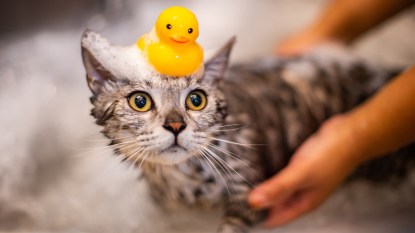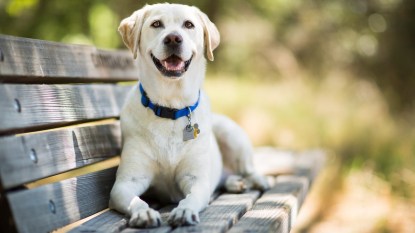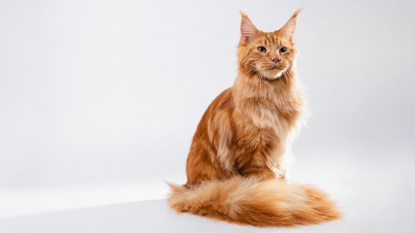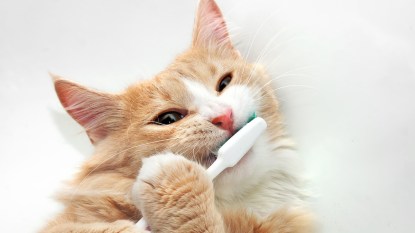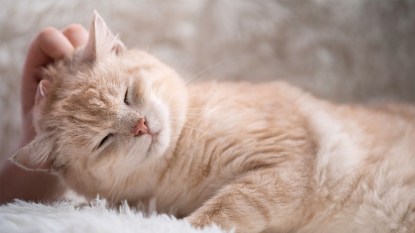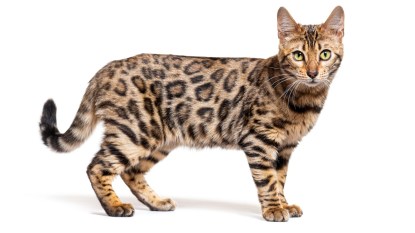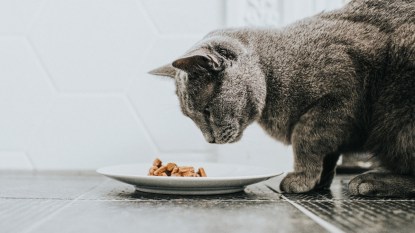Your Pet Does, In Fact, Remember You: This Story of a Family’s Lost and Found Horse Proves It
Shane Adams never lost hope that his beloved horse would return.
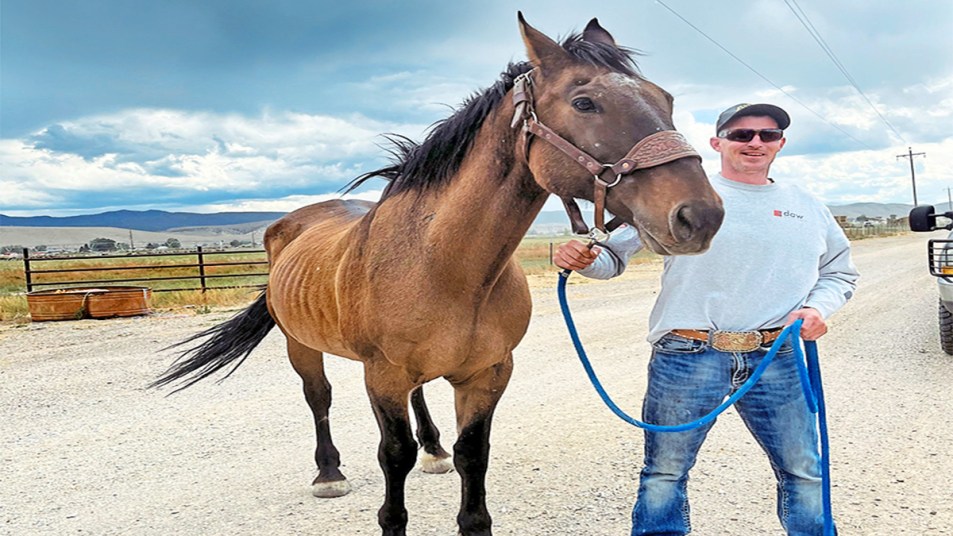
In March 2014, Shane Adams and his friends were camping in the Cedar Mountains of Utah. The trip, though pleasant, was business – one in a long line of annual trips the group took to assess new horses and watch them interact with wild mustangs. This trip, however, turned out differently than any of those before it.
On the group’s second night at camp, Shane heard screeching, horse-neighing, and galloping hooves outside of his tent. Panicked, he went to check on his horse, Mongo, who he’d hitched to a fence. Mango, however, wasn’t there. The clip and swivel attached to his rope had failed, and he’d chased after a herd.
Shane had owned and trained Mango, a half quarter horse and half Percheron, since he was a two-year-old colt. He searched for him for hours, but was forced to give up when a surprise storm yielded six inches of snow in less than an hour.
Finding Mongo
In the years that followed, Shane exhausted every search resource available. He posted on Facebook and notified the Bureau of Land Management (BLM), which periodically rounds up wild mustangs to protect them and their rangeland. He changed jobs so he would have weekends free to search for Mango; and he slept in the brush alongside his father, who often accompanied him on weekend searches, in hopes that Mango would come in for water. None of his efforts yielded results.
In 2017, Shane accompanied BLM agents on a mustang roundup. Amidst the herd was a horse with markings Shane recognized. When it neared, however, it was not Mango. Unwillingly, Shane faced the fact that Mango might not have survived in the wild.
A Long-Awaited Reunion
As time progressed and Mango remained missing, Shane confronted other difficult challenges, including a divorce, his father’s death, and a serious car accident. Then, in September of 2022, nearly ten years after Mango’s disappearance, a BLM brand inspector messaged Shane on Facebook: They’d just concluded a mustang roundup and one horse stood out. He was much bigger than the rest; he settled down quickly and didn’t fight or try to flee, both signs of domestication; and he was wearing horseshoes and had a brand on his left shoulder. “We think he’s your horse,” the inspector said.
Shane traveled to Tooele County, UT, where the horse in question was being kept. He knew at first sight: Though 600 pounds lighter and missing for eight years, this horse was Mongo. The horse recognized Shane, as well, calmly following him into the trailer and settling back into his domestic routine immediately after returning home. “Every day it’s like, ‘Oh my gosh, there he is. He’s here,’” Shane says. “It’s a miracle feeling every day.”
How Science Proves Animals Never Forget You
We’ve all heard the phrase “an elephant never forgets” or witnessed a furry friend instantly recognize their owner after years of separation. But recently, research has explained why animals remember their humans so well — and what that means for our bond. It all comes down to episodic memory, or the ability to recall events and experiences.
Episodic memory was once believed to be solely a human trait linked to self-awareness. But, a recent study published in the journal Current Biology revealed that many animals including dogs have something similar to episodic memory and can witness humans do something, then recall how to do it. This ability is believed to help them establish a closer connection to us.
But, do animals remember us and forge bonds that last a lifetime? The answer is yes. Science has found that dolphins and apes, in particular, possess a powerful memory, an evolutionary trait that plays a role in their survival.
Additionally, Iain Douglas-Hamilton, zoologist and founder of Save the Elephants, befriended an elephant that remembered him even after four years apart. “Elephants recognize one another and friends who are other species,” he says. “Memory helps a long-lived animal be more adaptive to circumstances.” So, whether at home or in the wild, your fur pal will remember you always.
A version of this article originally appeared in our print magazine, Woman’s World.


